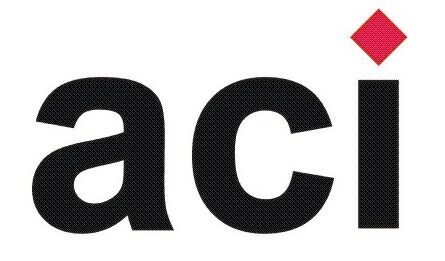Collaborative Games as A Mechanism Supporting Monitoring and Evaluation of Collaborative Learning Processes
Cesar Collazos,
Just putting a group of people around a task does not guarantee a real collaboration; its necessary structure activities convey good communication and participation among group members. Games have been designed as a mechanism to support communication between people working on a group activity. On this talk will present the developments of software tools based on games on order to analyze the quality of the collaboration process for small groups working synchronously towards two goals: learning to collaborate and collaborating to learn.
Openness, Flexibility, Adaptability and Personalisation: How AI is impacting digital education
António Moreira Teixeira,
The integration of AI in digital education is transforming the way we teach and learn. AI-driven translation tools, for example, are breaking down language barriers, allowing students worldwide to access educational content in their native languages. Likewise, AI-driven platforms are enabling more personalised learning by suggesting tailored learning experiences which accommodate each student’s condition and context, thus enhancing accessibility and inclusion. Intelligent systems are also able to predict learning outcomes, enabling proactive interventions, to adjust learning paths based on individual progress and understanding, and to provide immediate feedback on assignments and assessments, By promoting openness, flexibility, adaptability, and personalization, AI is creating a more inclusive, efficient, and effective educational environment. However, while AI has the potential to revolutionize eLearning, it brings about complex challenges. Ensuring accuracy, maintaining ethical standards, protecting privacy, managing technical complexities, and fostering trust and acceptance are essential steps to harness the full potential of AI in education. In this keynote we address these opportunities and challenges and explore how AI may contribute to ensure open and digital education for common good.
When Virtualization and Hybridization Causes Challenges for Teaching at University
Prof. Marta Mena
There is a current trend of virtualization and hybridization in university teaching globally which whilst having many positive aspects it has also generated tensions, creating various challenges that need to be addressed with specific research and development. This talk will concentrate on issues arising in in Latin America and how some countries have started to develop research that guides how to address these challenges.
